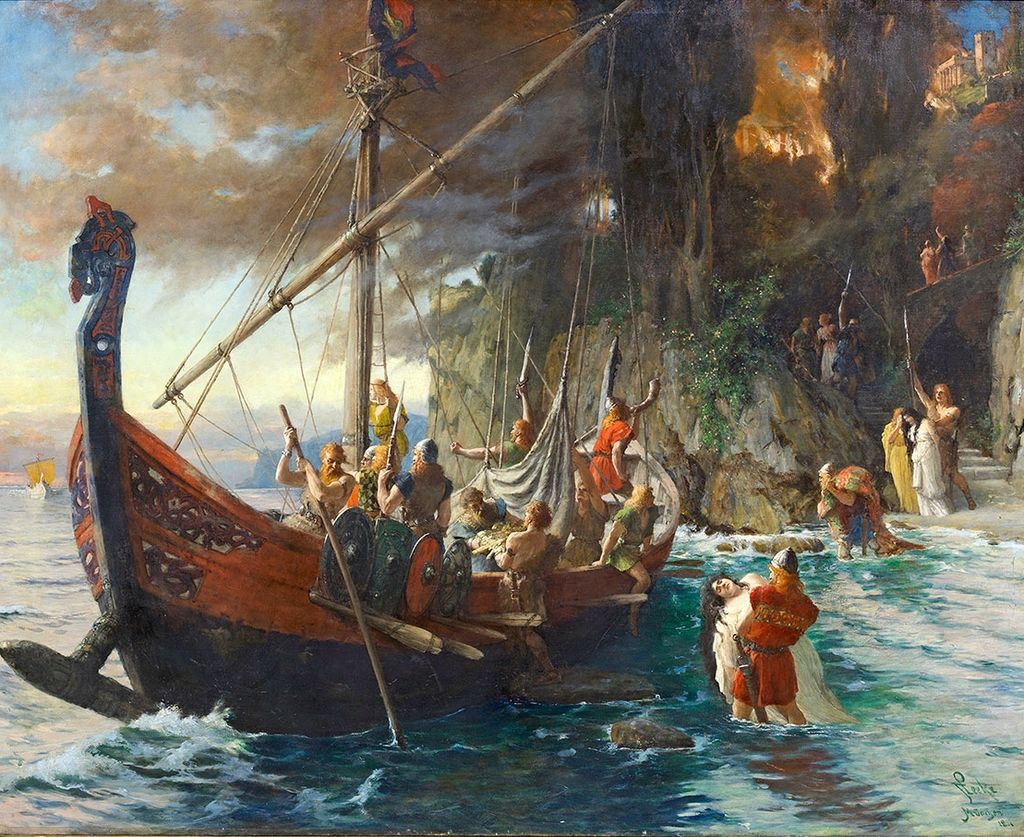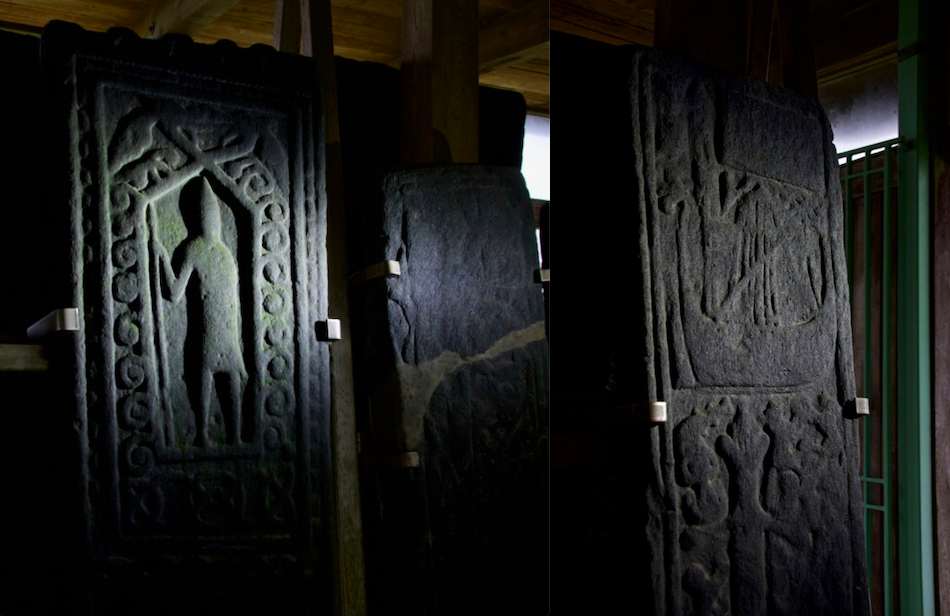Edinburgh History & Braveheart Before Braveheart: Somerled
15th Feb 2021
In this series, we tell the stories of a range of characters from Scottish history. In all of them will be the question, "If we could ask... what would the answer be?" Sometimes the answer will be factual, and sometimes it will be very human. Sometimes you may know the answer, and at other times you may be astonished. We invite you to explore our second character.
Somerled: Scotland's 12th Century Freedom Fighter Long Before William Wallace
Written by Mercat Tours International Storyteller Margaret Hubbard
To 12th Century Gaels, he was the deliverer. We are told he was of middle height, good looking, pleasant tempered, energetic, with piercing eyes, ambitious, perceptive and wise.
Who was this leader with star quality who barely features in history books?
Somerled, and his story is as powerful a story of Scottish self determination, as that of Wallace more than a century later.
He was the son of an Argyllshire dispossessed Celtic chief and possibly a Norse mother, born in the early 12th Century. By then, the western seaboard of Scotland had been in thrall to the Vikings for almost 400 years, and there was increasing resistance to this foreign overlordship. As a young man he had fought alongside his father to regain Morven, but to no avail. His father was not a warrior: Somerled was.
He married Ragnhilda, the daughter of the King of Man, and through this marriage he created an important sea axis. Men from all over the western seaboard flocked to join him. He set about taking back the Viking land island by island, beginning with Mull. Then he moved on to retaking the mainland; Morven, Lochaber and then on to the islands of Argyll, building castles to hold on to what he had captured.
In 1138 he established his base at Finlaggan on Islay. Almost central between the Isle of Man and Lewis, he was in control of the seaways.
His impact was immense. He had broken Viking rule, and while it was not expelled, it was no longer indestructible.

Somerled’s relationship with the Edinburgh-based King of Scotland
He was on good terms with King David I, who ruled the rest of Scotland from Edinburgh, because he was of use as the front line resistance to the Vikings.
This delicate balance was destroyed by the death of David I in 1153. He was followed by his 12-year-old grandson, Malcolm IV. The Norman barons of mainland Scotland saw Malcolm’s youth as a chance for them to move against Somerled, but in this they were unsuccessful. By 1158, Somerled was King of Argyll and Lord of the Isles. Both Norway and Scotland bowed to the situation.
And then Somerled acted quite out of character. He was always well prepared and careful before he struck. But in 1164 he moved against the Scottish King. It is not known why. Possibly he was overreaching and trying to take the mainland also. Perhaps it was a pre-emptive strike, against the Norman barons, the Vikings and/or the English attacking him.
Perhaps he just wanted Argyll and the West to be recognised as a separate kingdom. Perhaps it was just a blow against the constant anti-Gael attitudes of the Scottish Establishment. Perhaps it was all, or some, of these factors. We just don’t know.
He sailed up the Clyde with 164 ships and men. Near Renfrew battle was joined, and he failed. It is unclear if he was killed or treachery was involved, in that he was taken injured from the battlefield and then killed.

Somerled’s legacy after death
Where he is buried is uncertain. He may have been taken to Iona, or he may have been dumped in a pit near Renfrew. The most likely place is Saddell Abbey on Kintyre which he had founded.
His land was not annexed by the Scottish crown, but divided between his sons. Conflict ensued, until eventually, his grandson Donald emerged as the Lord of the Isles.
Somerled’s legacy was that he made resistance possible. Just over a century later William Wallace did the same with England. Wallace must have known about Somerled. Stories do not disappear so quickly, especially when the key figure in the story is the grandfather of the powerful Lord of the Isles.
If I could ask Somerled a question, it would be…
You did what no one else had succeeded in doing. What drove you? What made you think it was possible to take on the Vikings and defeat them?
In Gaelic, I believe he would have answered, “In the Western Isles, we have been living our sea faring lives for centuries. We have our own language and culture and we want to preserve them. We do not feel ourselves to be Vikings. We were born here. We are Scots, and we simply wanted to be who we are.”
“I resisted the Norwegians, and I resisted the Norman Kings of Scotland who could not understand that. That is what drove me. The Norwegians had become complacent after all these centuries. Their time was over. They just did not yet know it.”
And in case you are wondering why there is so little about him in the history books, it is because the Stuarts eventually destroyed the power of the Lords, and then set to write them out of existence. For centuries this policy prevailed, but now more and more research is being done into the Western Sea Kingdoms of Gaeldom. Somerled was never completely erased.

